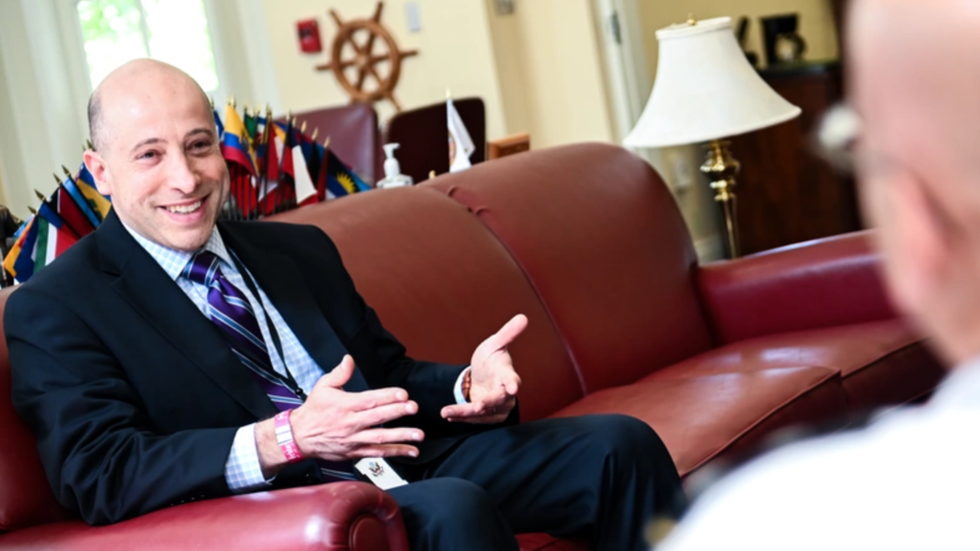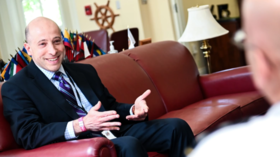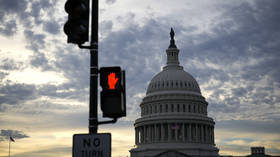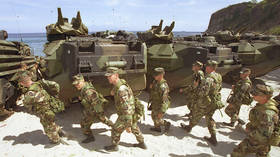
Both US and Taiwanese military officials declined to comment on the reported trip

FILE PHOTO: Michael S. Chase, Deputy Assistant Secretary of Defense for China © US Air Force / Staff Sgt. Mozer O. Da Cunha
The Pentagon’s top China official has arrived in Taiwan to meet with counterparts on the island, according to multiple media outlets. The reported visit is the first high-level defense delegation sent by Washington in several years, and comes at a time of soaring tensions with Beijing.
Michael Chase, the deputy assistant secretary of defense for China, traveled to Taiwan on Friday following meetings in Mongolia, the Financial Times reported, citing four unnamed officials. The Pentagon refused to confirm the visit, only saying that America’s “support for, and defense relationship with, Taiwan remains aligned against the current threat posed by the People’s Republic of China.”
“Our commitment to Taiwan is rock-solid and contributes to the maintenance of peace and stability across the Taiwan Strait and within the region,” Pentagon spokesperson Lieutenant Colonel Martin Meiners told the outlet.
The trip was corroborated by two sources reached by Reuters later on Friday, who discussed the visit on condition of anonymity and offered no further details about the junket.

Asked to comment on Chase’s purported travel, Taiwanese Defense Minister Chiu Kuo-cheng claimed he was “not very certain” that any visit would take place, but added that “those who are friendly to us are very welcome.”
“I won’t explain the details. I won’t explain until I get formal notification,” the minister said.
Chase would be the most senior US military official to travel to the island since 2019, when Deputy Assistant Secretary of Defense for East Asia Heino Klinck met with Taiwanese officials for another quiet round of talks. He was the highest-level defense official to visit in some 40 years.
According to the Defense Department, Chase previously worked as a senior political scientist for the RAND corporation, where his research focused on “Chinese military modernization” and Taiwanese defense policy, among other things.

Tensions between the United States and Beijing have reached new heights over the last year, with relations rapidly deteriorating after then-US House Speaker Nancy Pelosi traveled to Taiwan in August of 2022. Though China considers Taiwan part of its own sovereign territory and demands that foreign nations keep no direct ties with the island, Washington has arranged countless meetings with Taiwanese officials and continues to greenlight arms sales for Taipei’s military.
On Thursday, Beijing imposed sanctions on US arms manufacturers Lockheed Martin and Raytheon over weapons sales to Taiwan, just one day after Chinese officials vowed to take “countermeasures” against “US entities that undermine China’s sovereignty and security.”
Hostilities between the two powers have continued to escalate since a Chinese high-altitude balloon crossed into American airspace without permission in late January, with US officials insisting the craft was used for espionage. Beijing has denied the charge, arguing the balloon was meant for scientific research and accidentally drifted off course.



